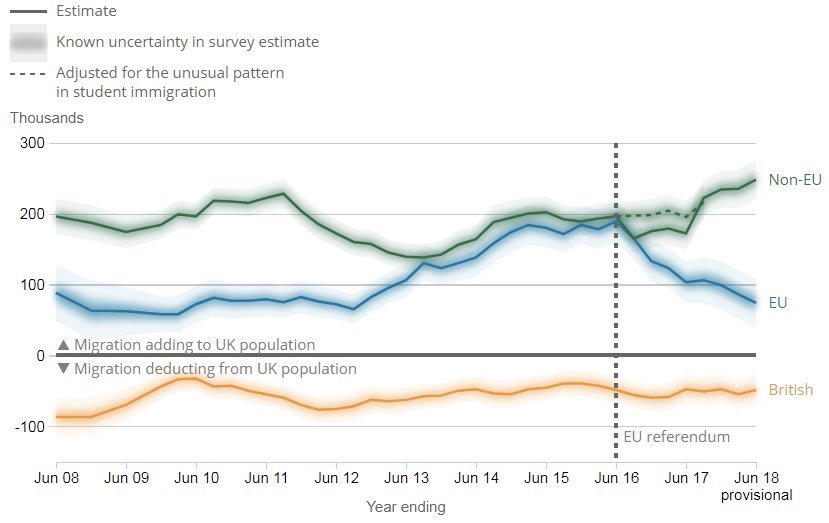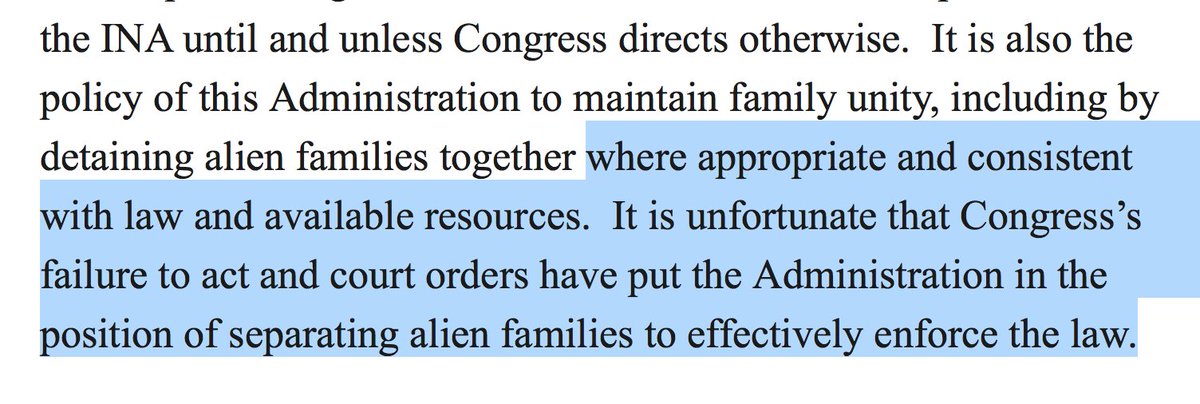The legal text will not be comprehensible to the general reader, whether a citizen or a member of parliament. The legal text is not intended to be.
So 99%+ of people will rely on interlocutors, of various kinds.
Unfortunately, would be harder to negotiate than legal text.
Govts on all sides would see clarity & transparency endangering their negotiating objectives,preferring constructive ambiguity
95-99%+ of people would need to rely on interlocutors, even if & when they did read it (unless they habitually read these documents in a professional or personal capacity, to get the codes)
a) Partisan interlocutors (govts, parties, campaigns) selling a message may dominate
b) Expert interlocutors can make important contributions, if trusted on quality *and* objectivity
c) media play key role, esp in balance of (a) & (b) being heard
* levels of appetite among MPs, media & citizens themselves for understanding
* levels of trust that expertise objective, rather than partisan in motive. (This gets harder given the sociology of political polarisation, esp around educational status)
People who identify with "at least I took the time to actually read it" as a credential mainly have (one of two) partisan motives for wanting to say they read it
Very many people cast *well-informed enough* votes in elections & referendums (eg EU, Scotland) without reading primary documents, treaties & manifestos
There is limited value in trying to read the 500 pages given that we would all then depend on annotated explanations of the sections & points
ec.europa.eu/commission/sit…













